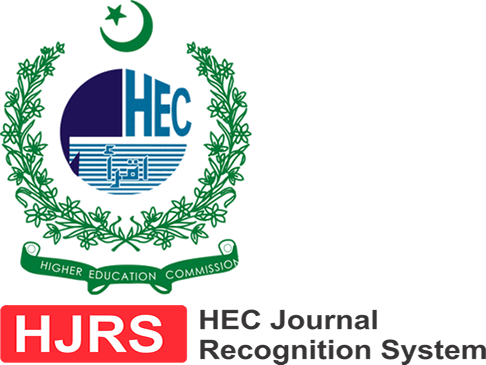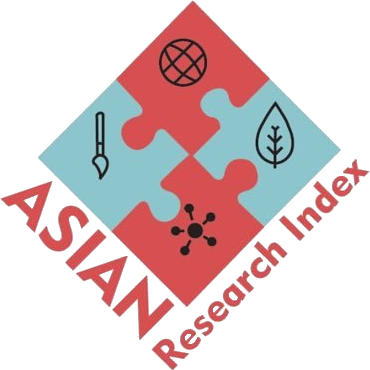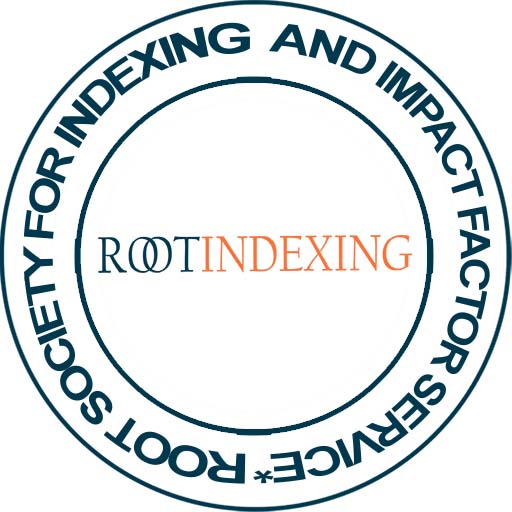A COMPARISON OF THE LEGAL AND SOCIAL ATTITUDES TOWARDS ADULTERY IN SAUDI ARABIA AND PAKISTAN
DOI:
https://doi.org/10.5281/zenodo.7998554Keywords:
Adultery, Saudi Arabia, Pakistan, Islamic Law, Social AttitudesAbstract
Adultery is considered a major sin in Islam and is prohibited in all Muslim societies. However, there are differences in the legal and social attitudes towards adultery in different Muslim countries. This article aims to compare the legal and social attitudes towards adultery in Saudi Arabia and Pakistan, two Muslim-majority countries with different legal systems and cultural norms. The article begins with an overview of the Islamic perspective on adultery, as outlined in the Quran and Hadith. It then delves into the legal frameworks governing adultery in Saudi Arabia and Pakistan, including the penal codes and the judicial procedures for prosecuting, and punishing adulterers. Furthermore, the article explores the social attitudes towards adultery in these two countries, including the cultural norms and religious beliefs that influence people's perceptions of this issue. It examines the role of family and community in shaping these attitudes, as well as the impact of modernization and globalization on traditional values. The article draws upon a range of sources, including Islamic texts, legal documents, academic literature, and media reports. It provides a comprehensive analysis of the similarities and differences between Saudi Arabia and Pakistan in their legal and social attitudes towards adultery. Overall, this article contributes to the understanding of how Islam shapes the legal and social attitudes towards adultery in different Muslim societies, and the implications of these attitudes for the lives of people living in these societies.
References
Quran 17:32
Al-Marghinani, Ali bin Abi Abakr, Al-Hidaya fi Sharh Badayat al-Mubatadi (Beirut: Darahiya al-Tarath) vol.2, p.344
Quran 30:21
Quran 25:68
Quran 04:15
Quran 24:2
Sahih Muslim, Hadith No.: 1676
Sahih Muslim, Hadith No.: 1690
Sahih al-Bukhari, Hadith No. 2766
Al-Zahrani, S. (2021). The punishment for adultery in Saudi Arabia: Legal and social perspectives. Journal of Law, Policy and Globalization, 111, 1-8.
Saudi Arabian Information Resource. (2018). Penal code of Saudi Arabia. Retrieved from http://www.saudiarabia.com/penal-code-saudi-arabia/
Al-Zahrani, S. (2021). The punishment for adultery in Saudi Arabia: Legal and social perspectives. Journal of Law, Policy and Globalization, 111, 1-8.
Human Rights Watch. (2018). Saudi Arabia events of 2017. Retrieved from https://www.hrw.org/world-report/2018/country-chapters/saudi-arabia
Al-Mutairi, N. H. (2017). Adultery in Saudi Arabia: A study of judicial trends. Journal of Applied Environmental and Biological Sciences, 7(8S), 38-44.
Al-Sharif, A. M. (2016). Adultery in Islamic law and its criminalization in Saudi Arabia. Journal of Law and Social Sciences, 1(1), 14-25.
Pakistan Penal Code, Article 496 Clause B
Hudud Ordinance 1979, Article 1 a
Ibid, article 2 a
Ibid, article 2 b
Hudud Ordinance 1979, Article 10 c
Al-Abdulkarim, S. (2005). Saudi Arabia: Islamic Threat or Threat to Islam? Harvard International Review, 27(1), 16-20.
Al-Saggaf, Y., & Neal, D. (2020). The effects of the Saudi Arabian legal framework on the perceptions and behaviours of Saudi women towards extramarital relationships. Journal of International Women's Studies, 21(2), 70-86.
Mumtaz, Z., & Salway, S. (2007). Gender, pregnancy and the uptake of antenatal care services in Pakistan. Sociology of Health & Illness, 29(1), 1-26.
Chaudhry, S. (2017). Why Adultery is not a big deal in Pakistan. The Diplomat. Retrieved from https://thediplomat.com/2017/02/why-adultery-is-not-a-big-deal-in-pakistan/

Downloads
Published
How to Cite
License
Copyright (c) 2023 AL MISBAH RESEARCH JOURNAL

This work is licensed under a Creative Commons Attribution 4.0 International License.
AL-MISBAH Research Journal is full open access and licensed under Creative Commons Attribution 4.0 International License; and Published by: Research Institute of Culture & Ideology (REINCI), Islamabad, Pakistan. This allows the research community and the general public to gain unlimited, free and immediate access to scholarly articles, and to reuse the content freely provided that proper attribution is given to the original authors.









